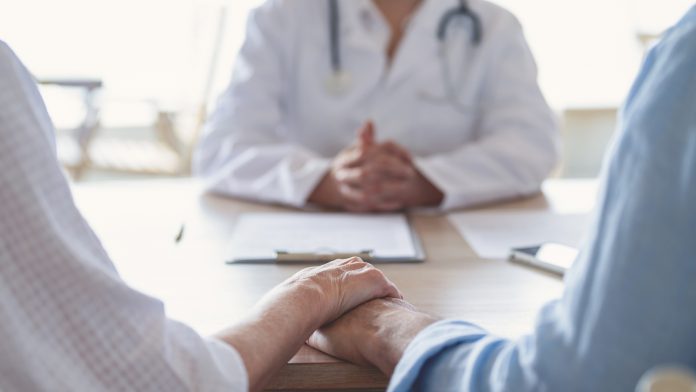
A recent analysis looks at the effects of caffeine and alcohol on fertility treatment and whether it affects birth rates.
An analysis examined all recent studies published before July 15, 2022, that looked at caffeine and alcohol consumption during fertility treatment. A total of seven studies on caffeine intake were included, and nine studies focussing on alcohol consumption were analysed, with a total of 26,922 women and/or their spouses who underwent fertility treatment.
The findings are published in Acta Obstetricia et Gynecologica Scandinavica.
What is fertility treatment?
Fertility support has been widely used in healthcare to help both women and men on their journey to get pregnant. Over the years, the success rate of fertility treatment has increased; however, many individuals continue to struggle. Whilst adopting certain lifestyle factors such as exercise and diet can have an impact on reproductive health, many women who require fertility support continue to make potentially harmful lifestyle choices such as the consumption of alcohol and caffeine.
There are three main types of fertility treatment, including medicines, surgical procedures, and assisted conception such as intrauterine insemination and in vitro fertilisation.
Fertility medicines can aid in encouraging the monthly release of an egg, whereas surgical procedures can be used to uncover the reasons behind fertility problems and help with promoting fertility. The other type of fertility treatment is assisted conception which includes intrauterine insemination and in vitro fertilisation. Both treatments aid the fertilisation process through artificial insemination and fertilising the egg outside the body.
Does alcohol and caffeine birth rate?
The analysis found no association between women’s caffeine consumption and pregnancy or live birth rate after treatment; however, women’s alcohol consumption was associated with decreased pregnancy rate after treatments when weekly consumption was greater than 84g (around seven drinks).
Moreover, men’s alcohol consumption was associated with a decreased live birth rate after fertility treatments in women when weekly consumption was greater than 84g.
Compared with individuals who did not consume alcohol, the chance of pregnancy after treatment decreased by 7% for women who consumed 84g of alcohol per week, and the chance of partners achieving a live birth decreased by 9% for men who consumed the same amount of alcohol.
“Couples should be aware that some modifiable lifestyle factors such as drinking habits may affect their fertility treatment outcomes. But how these factors impact the reproductive system still needs more research to elucidate,” said corresponding author Yufeng Li, MD, of Tongji Hospital, in China.






















